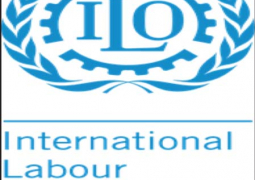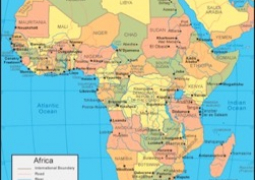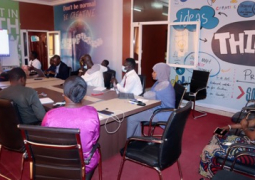
Despite substantial improvements in access to basic education and steady economic growth, The Gambia still faces considerable challenges in respect to reducing poverty.
As a result of its narrow economic base and its reduced internal market, the country will continue to rely heavily on the productivity of its citizens to reverse the cycle that keeps families in poverty generation after generations.
Poverty reduction is a complex equation that involves improvements in job creation, especially for high-skilled and productive employment, as well as improvements in human capital levels to ensure that citizens are able to take advantage of employment opportunities.
Currently, however, low human capital levels greatly limit the productivity and employment outcomes of the population, as evidenced by the fact that a majority continues to work in subsistence agriculture, especially in rural areas.
The Second Poverty Reduction Strategy Paper II (2007-2015, PRSP II) recognises the need to focus on improving youth employment outcomes.
It states that 'The Gambia has a problem of youth unemployment especially those that have limited skills. Consequently, a big proportion of the youth are part of the people categorised as poor in The Gambia.
PRSP II will focus on the problem of youth unemployment through various approaches including supporting private sector investment that creates jobs for the youth, increasing access to productive assets particularly credit by the youth, and retooling and training the youth to increase their employability.
Youth Employment and Skills Development Study is aimed at improving youth employment outcomes through enhanced skills development.
Youth played significant role in the development of The Gambia but lack of job opportunities in the country force them to use ‘back-away’ to Europe to better their living conditions.
Meanwhile, the government of The Gambia needs to create more employment opportunities for youth in the country to prevent them from using back-way to Europe to improve their living standards.





